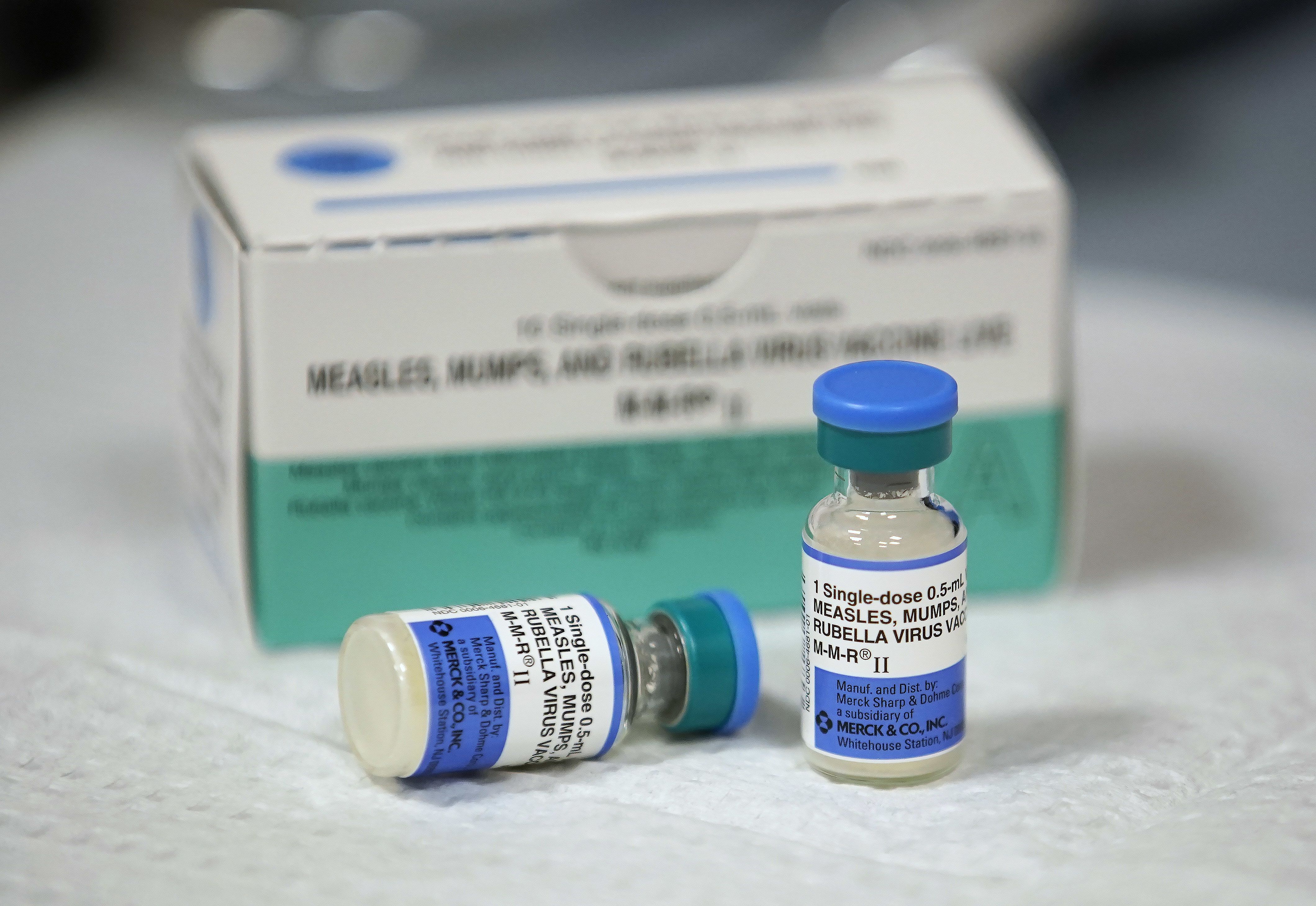Growing Concern: Netherlands Grapples with Potential Diabetes Crisis as Pre-Diabetic Numbers Increase

The Diabetes Fonds warns of a looming “diabetes crisis” in the Netherlands, as the number of individuals at high risk of developing type 2 diabetes skyrockets. At the outset of a new awareness campaign, the charity emphasizes the urgent need for action.
According to extensive research conducted by Maastricht University, over 1.4 million individuals aged 40 to 75 are identified as pre-diabetic, marking a staggering increase of 300,000 since 2018. With approximately 1.1 million already diagnosed with diabetes in the Netherlands, projections indicate a potential annual surge of 200,000 new cases in the coming years, as stated by Diabetesfonds director Diena Halberstma in an interview with broadcaster NOS.
Type 2 diabetes, characterized by the body’s diminished insulin production, poses severe health risks including heart, kidney, and eye complications if untreated. Contributing factors such as obesity, sedentary lifestyle, poor dietary habits, smoking, and advancing age exacerbate the condition. The research underscores that individuals classified as obese face a six-fold higher risk of diabetes, with alarming rates of childhood obesity further amplifying susceptibility.
Common symptoms of type 2 diabetes include thirst, fatigue, and vision impairments like burning sensations or blurred vision. To combat this impending crisis, the new campaign introduces a diabetes risk assessment tool. Early detection is crucial in mitigating damage and preventing progression, emphasizes Halbertsma, stressing the importance of personalized lifestyle interventions for at-risk individuals.
Furthermore, the Diabetesfonds advocates for governmental intervention to promote healthier food choices, proposing reduced taxes on fruits and vegetables while urging the food industry to curtail fat, sugar, and salt content in products. Concurrently, Maastricht University delves into the socioeconomic determinants of diabetes, highlighting disparities wherein individuals with lower incomes are twice as likely to develop the disease. Emphasizing the role of autonomy in workplace health, initiatives to afford individuals greater control, such as determining break times, are advocated as preventative measures.





